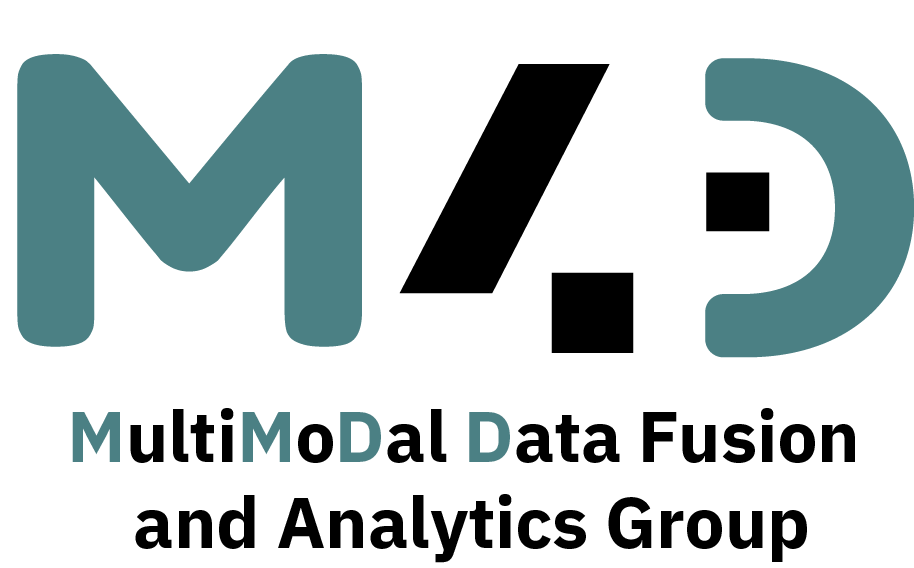
CALLISTO
Copernicus Artificial Intelligence Services and data fusion with other distributed data sources and processing at the edge to support DIAS and HPC infrastructures
Artificial Intelligence (AI) is already part of our lives and is extensively entering the space sector to offer value-added Earth Observation (EO) products and services. CALLISTO project integrates Copernicus data, already indexed in DIAS platforms such as ONDA-DIAS, utilising High Performance Computing infrastructures for enhanced scalability when needed. Complementary distributed data sources involve Galileo positioning data, visual content from UAVs, Web and social media data linking them with open geospatial data, in-situ sensor data. On top of these data sources, AI methods are applied to extract meaningful knowledge such as concepts, changes, activities, events, 3D-models, videos and animations of the user community. AI methods are also executed at the edge, offering enhanced scalability and timely services. The analysis of the extracted knowledge is performed in a semantic way and the associated analytics are delivered to the end users in non-traditional interfaces, including Augmented Reality, Virtual Reality and Mixed Reality in general. Data fusion among several types of data sources is provided on-demand, based on the end user requirements. The AI methods are trained to offer new virtual and augmented reality applications to water utility operators, journalists for the media sector, EU agriculture and CAP policymakers, and security agencies.
CERTH is responsible for the management of scientific and technical aspects of the CALLISTO project and leads a WP for data fusion, information retrieval, 3D-model reconstruction, and optimisation of HPC infrastructures. In addition, CERTH leads the tasks for social media data collection, change detection in land border based on satellite and UAV visual content, and named-entity recognition from text for geo-referencing and linking with open geodata.



